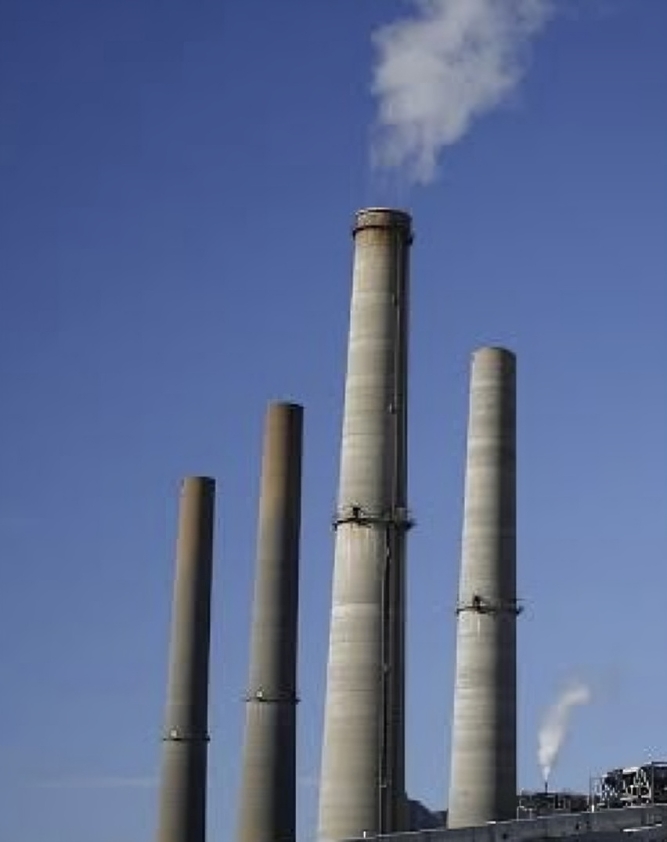KEY POINTS
- Texas faces earthquake and blowout risks from CO2 injection.
- Activists demand stricter oversight as CO2 injection permits increase.
- Stratos project raises concerns about unplugged wells near injection sites.
Texas is taking center stage in the U.S. government’s push for carbon storage, but growing concerns about the risks of CO2 injection have sparked calls for stronger oversight. The state has become a national leader in applications for carbon storage permits, driven by federal subsidies under the Inflation Reduction Act (IRA).
However, critics are raising alarms about the potential dangers of injecting CO2 underground, citing risks of earthquakes, well blowouts, and leaks. Activists and experts worry that Texas’ track record with managing wastewater injection—a process that has triggered seismic activity—could repeat with large-scale CO2 storage.
“Without legitimate oversight of underground injection in Texas, we expect more geyser-like well blowouts, sinkholes, leaks, and injection-induced earthquakes,” said Virginia Palacios, executive director of Commission Shift, a Texas-based watchdog group.
This issue is especially concerning for communities near large injection projects, such as the Stratos Direct Air Capture Facility in Ector County, a joint venture between Occidental Petroleum and BlackRock. With more than 19,000 wells drilled in the area since 1993, activists worry that abandoned and poorly plugged wells could be vulnerable to pressure increases caused by CO2 injection.
Texas leads in carbon injection permits, but oversight questioned
In the last 12 months, permit applications for carbon storage in Texas have surged by 63 percent, with 43 new applications filed, according to the Environmental Protection Agency (EPA). The Texas Railroad Commission (RRC), the agency responsible for overseeing oil and gas operations in the state, is seeking authority from the EPA to manage CO2 injection permits directly.
According to Reuters, critics argue that the RRC’s track record of handling wastewater injection permits raises concerns about its ability to oversee CO2 injection effectively. Past wastewater injections in Texas have been linked to earthquakes and blowouts, further fueling doubts about the state’s regulatory capacity.
Several landowners and researchers have called for stricter oversight, with some arguing that granting the RRC control over CO2 injection permits could pose significant safety risks. “We need more transparency and accountability from regulators,” said Sarah Stogner, an oil and gas attorney who represents landowners in disputes related to blowouts.
Despite these concerns, the RRC has stated it is equipped to regulate CO2 storage and has hired additional staff to handle the increased workload. Industry experts believe that with President-elect Donald Trump’s administration taking over, Texas’ request for oversight authority is more likely to be approved.
Stratos project highlights safety concerns over orphan wells
One of the most high-profile CO2 injection projects in Texas is the Stratos Direct Air Capture Facility in Ector County, a joint venture between Occidental Petroleum and asset manager BlackRock. The facility is expected to inject 8.5 million metric tons of CO2 starting in 2025.
Critics argue that the site is surrounded by abandoned and unplugged wells that pose a significant risk. Data from state agencies reveals that 19 orphan wells exist near the Stratos project. Experts warn that these wells could be compromised by pressure from CO2 injection, potentially leading to blowouts and leaks.
Hydrogeologist Raymond Straub testified at an EPA hearing in October, saying that Occidental had not fully addressed the risks posed by unplugged wells. However, William Fitzgerald, a spokesperson for Occidental, stated that the company conducted extensive site surveys and would address the three identified wells before CO2 injection begins.
The experience of agribusiness giant ADM’s pilot project in Illinois adds to the growing concerns. The company’s early commercial CO2 injection project faced leaks and other setbacks, raising questions about the long-term containment of stored carbon.



